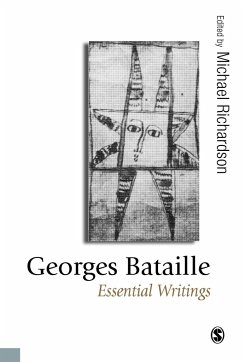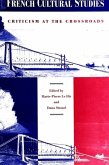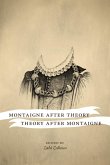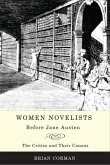This volume represents the first in-depth English-language study of the French combat novel of the Great War, an immensely popular genre at the time which includes influential texts such as Henri Barbusse's Le Feu and Roland Dorgelès's Les Croix de bois. It explores through these works, and less well-known but equally popular patriotic novels of the period, the effect that experiencing war has upon the writer's understanding of the world, arguing that, in their depiction of conflict, these writers demonstrate a decidedly complex and modernist understanding of humanity's place in the world. In particular, the author examines the French combat novel's evocation of a world where a sense of the Absurd vies with the novelist's desire to re-impose order through a particular political understanding of the Great War itself, be it in the form of revolutionary socialism, French nationalism, or humanism. In this way, this volume contends, ideology becomes a force for responding to and countering the sense of contingency that characterises the human experience of combat. It will be of interest to scholars of twentieth-century French fiction and thought.
Hinweis: Dieser Artikel kann nur an eine deutsche Lieferadresse ausgeliefert werden.
Hinweis: Dieser Artikel kann nur an eine deutsche Lieferadresse ausgeliefert werden.








